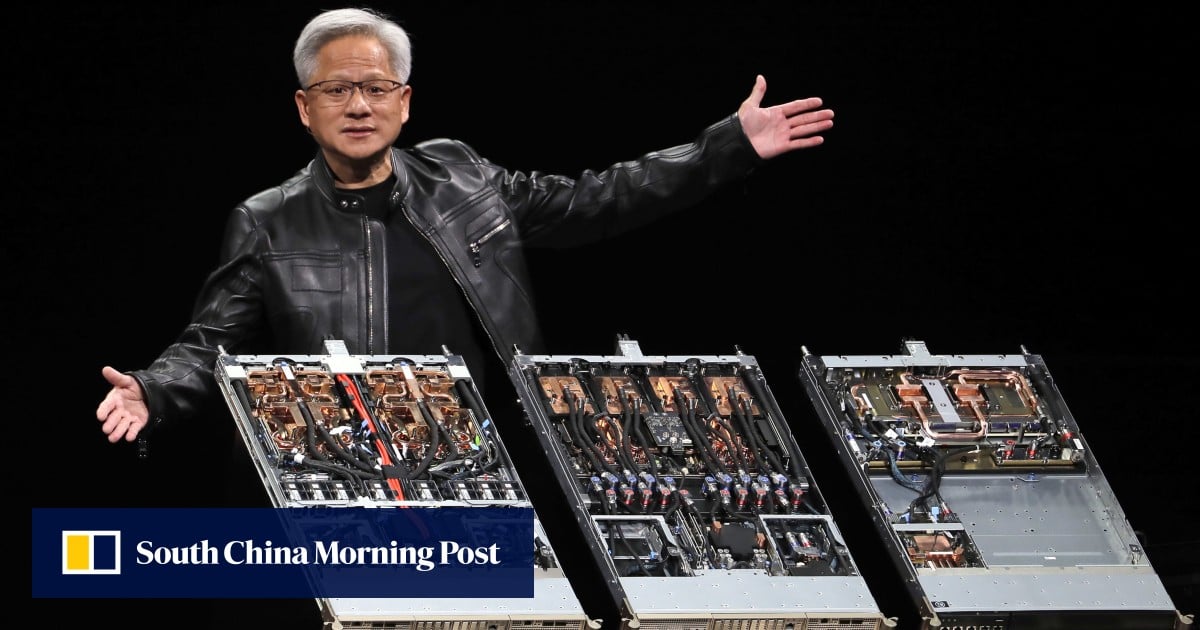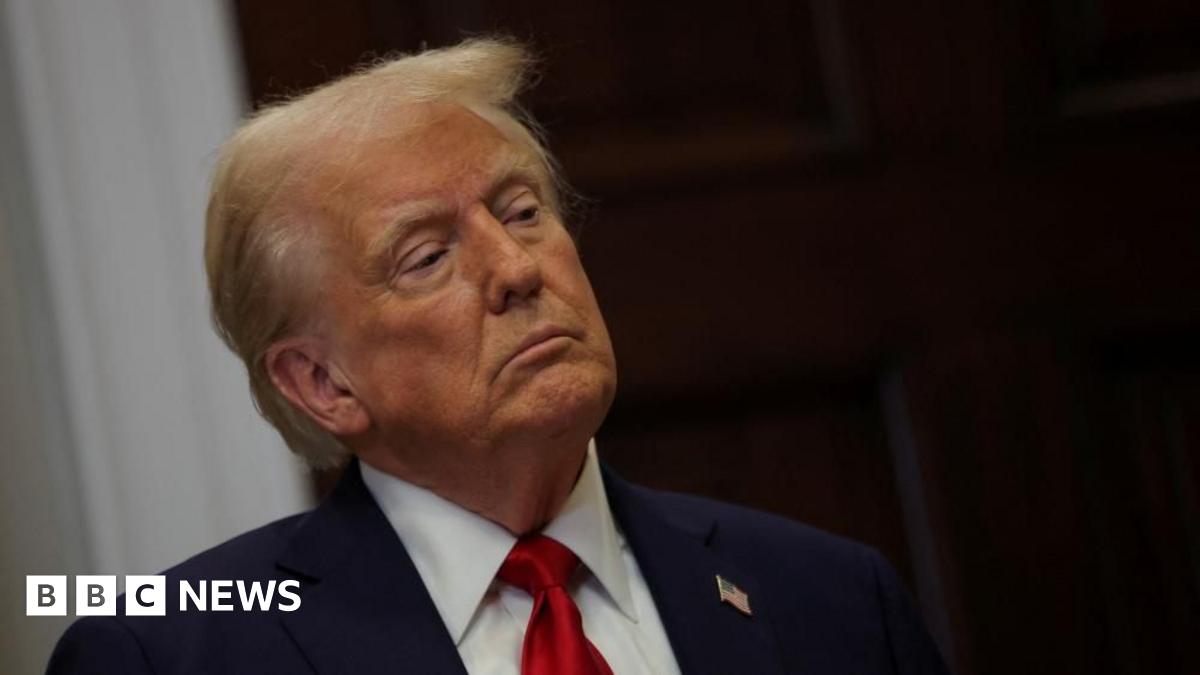T4K3.news
China questions Nvidia over H20 chip security risks
Chinese regulators demand explanations from Nvidia about potential tracking capabilities of its H20 chips.
Nvidia faces scrutiny from Chinese regulators regarding the safety of its H20 chips.
China raises security concerns over Nvidia's H20 chips
China's cyberspace regulators summoned Nvidia over security issues with its H20 chips. They are concerned that these chips can be tracked and disabled remotely. The Cyberspace Administration of China asked Nvidia to explain potential 'backdoor safety risks' related to the chips intended for the Chinese market. Nvidia assured the public that its products do not contain 'backdoors' for unauthorized access. This incident follows the recent lifting of U.S. restrictions that previously blocked Nvidia from selling its H20 chips to China, aiming to provide access to the significant Chinese market. Experts believe that Chinese authorities aim to protect user data and cybersecurity in light of U.S. legislative initiatives that suggest tracking capabilities for advanced chips sold abroad. Concerns from U.S. lawmakers indicate the complexity of navigating international technology markets amid national security debates.
Key Takeaways
"Cybersecurity is critically important to us. NVIDIA does not have 'backdoors' in our chips."
Nvidia's response to Chinese regulators clarifying its chip security measures.
"We can’t let the CCP use American chips to train AI models that will power its military."
Rep. John Moolenaar's statement emphasizing national security in tech sales.
The latest confrontation between China and Nvidia illustrates the rising tensions in the tech sector, where national security and business interests collide. With both countries advancing in AI, the competition intensifies. Nvidia's predicament highlights the fine line that U.S. companies must walk, balancing market opportunities with the scrutiny and regulation from both U.S. and foreign governments. As the demand for AI technology grows in China, the implications of these regulatory decisions can greatly influence future supply chains and international partnerships for tech firms.
Highlights
- China's scrutiny on Nvidia reflects rising global cybersecurity concerns.
- Nvidia's chips now face a new wave of regulatory challenges in China.
- U.S. lawmakers are raising alarms about AI tech in Chinese hands.
- The tension over AI is reshaping international technology markets.
Concerns over Nvidia's H20 chips raise national security risks
Chinese regulators are worried about the potential for tracking and remote disabling of Nvidia's H20 chips, linking these concerns to broader geopolitical tensions over technology and security.
As the battle for AI dominance continues, companies must navigate a complex landscape of regulations and security concerns.
Enjoyed this? Let your friends know!
Related News

China summons Nvidia over H20 chip security concerns

China summons Nvidia to address security risks

National security experts push for Nvidia chip restrictions

US House Panel Critiques Trump for Easing Nvidia Chip Sales to China

Sam Altman defends Trump’s AI chip deals

Nvidia resumes sales of H20 chips amid trade talks with China

Nvidia's China comeback faces obstacles

Chipmakers report stock declines following US export restrictions
